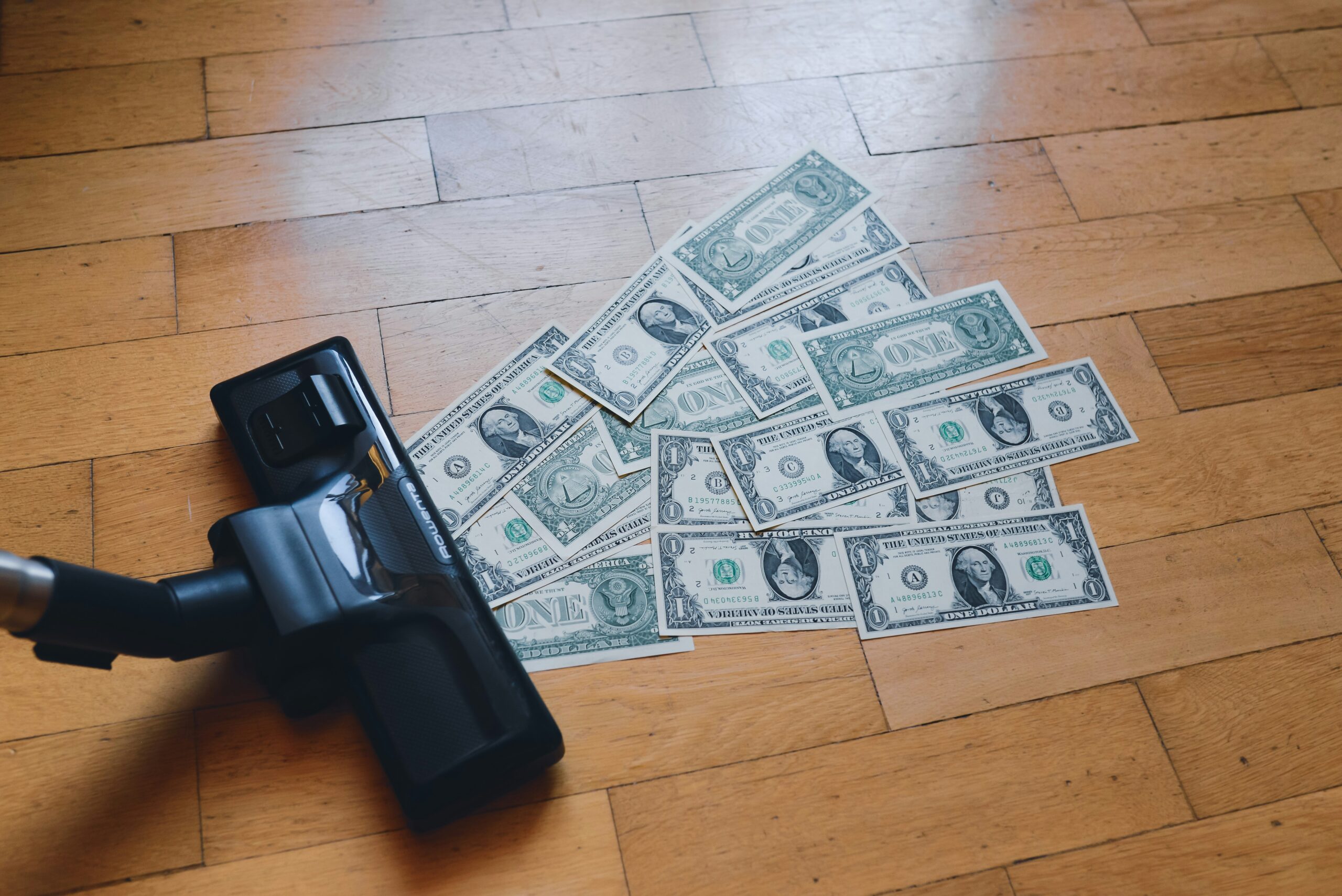Trading can be incredibly rewarding, but it’s also challenging. Many traders fail because of personal habits that sabotage their success. If you want to become a profitable trader, you must learn to avoid certain behaviors that can harm your trading performance.
Here are some personal habits to avoid, along with examples to help you understand how they can affect your trading:
1. Overtrading: Trading Too Much
Overtrading happens when you make too many trades in a short amount of time, often driven by emotions like fear or greed.
Example:
Let’s say you have a successful trade, and instead of waiting for the next opportunity, you start trading more frequently, even though the market conditions aren’t ideal. Eventually, you make a few bad trades that lose money.
Why it’s bad:
Overtrading increases your risk and often leads to poor decisions, as you’re not taking the time to analyze the market properly. It can also deplete your account with unnecessary losses.
How to avoid it:
Stick to a well-thought-out trading plan. Set clear goals and only trade when your strategy indicates a good opportunity. Quality over quantity!
2. Letting Emotions Control Your Decisions
Emotions like fear, greed, and excitement can cloud your judgment. If you let your emotions take over, you might make impulsive decisions that are not part of your strategy.
Example:
After a few losing trades, you feel frustrated and take a high-risk trade to “make up” for the losses, even though it’s against your trading plan.
Why it’s bad:
Emotions can lead you to chase losses or jump into trades that don’t make sense. This often results in more losses and poor performance over time.
How to avoid it:
Practice emotional control. Take breaks when you’re feeling too emotional, and stick to your trading plan. Remind yourself that trading is about making decisions based on analysis, not feelings.
3. Ignoring Risk Management
Many traders fail because they don’t use proper risk management. Without protecting your capital, even the best trades can turn into big losses.
Example:
You put all your money into a single trade, hoping for a big profit. Unfortunately, the market moves against you, and you lose your entire investment.
Why it’s bad:
Without risk management, one bad trade can wipe out a significant portion of your capital. This can make it much harder to recover.
How to avoid it:
Use stop-loss orders to limit your losses and never risk more than a small percentage of your account on any single trade. A common guideline is to risk no more than 1-2% per trade.
4. Chasing Losses (Revenge Trading)
Revenge trading is when you try to “get back” the money you’ve lost by taking higher-risk trades.
Example:
After losing a trade, you get frustrated and place a bigger trade than usual, hoping to quickly recover your loss. But this only leads to more losses.
Why it’s bad:
Chasing losses causes you to take impulsive, emotional trades that can lead to even bigger losses. It’s a vicious cycle that harms your profitability.
How to avoid it:
Accept that losses are a part of trading. Stick to your strategy, and remember that one loss doesn’t define your overall performance. Focus on the long-term.
5. Failing to Plan (No Trading Strategy)
Trading without a clear plan is like driving without a map. It’s easy to get lost and make mistakes.
Example:
You jump into a trade without knowing your entry or exit points, and you don’t have any idea how much risk you’re taking on.
Why it’s bad:
Trading without a plan makes it difficult to stay disciplined. You’re more likely to make decisions based on guesswork, which can lead to poor results.
How to avoid it:
Create a detailed trading plan. Define your strategy, including entry/exit points, risk tolerance, and goals. Stick to your plan, and don’t deviate from it just because of short-term market moves.
6. Ignoring Your Trading Journal
A trading journal helps you track your trades, learn from your mistakes, and improve over time. Ignoring it means you’re missing out on valuable feedback.
Example:
You make several trades in a week but never take the time to review them or analyze what went wrong or right.
Why it’s bad:
Without keeping track of your trades, you won’t know what’s working and what isn’t. This can slow down your learning process and keep you from improving.
How to avoid it:
Record every trade you make in a journal, including the reasoning behind the trade, the result, and any lessons learned. Regularly review your journal to identify patterns and mistakes.
7. Neglecting to Learn and Adapt
The markets are constantly changing, and a strategy that works today might not work tomorrow. Not learning from your mistakes or adapting to new market conditions can hold you back.
Example:
You stick to the same trading strategy even though market conditions have changed, leading to a series of unprofitable trades.
Why it’s bad:
Markets evolve, and what worked in the past may not be effective anymore. By refusing to learn and adapt, you limit your growth as a trader.
How to avoid it:
Stay curious and committed to continuous learning. Regularly update your strategies, study market trends, and be open to trying new approaches.
8. Overconfidence
After a few successful trades, it’s easy to feel like you’ve figured everything out. Overconfidence can lead to taking unnecessary risks or ignoring important details.
Example:
After a winning streak, you start taking bigger trades with more leverage, thinking you can’t lose. Eventually, the market moves against you, and you lose more than you expected.
Why it’s bad:
Overconfidence can make you blind to risks, causing you to take trades that are outside your plan or comfort zone. This can quickly lead to significant losses.
How to avoid it:
Stay humble and recognize that trading involves both wins and losses. Continue following your strategy, regardless of recent successes or failures.
9. Ignoring Your Health and Well-being
Trading can be mentally and physically draining. Neglecting your health, such as not getting enough sleep or failing to exercise, can negatively affect your focus and decision-making abilities.
Example:
You trade for long hours without taking breaks, skipping meals, or staying hydrated. As a result, you become tired, and your ability to analyze the market becomes compromised.
Why it’s bad:
Being tired or stressed can cloud your judgment and cause you to make poor decisions. Trading requires focus, and if your health suffers, so will your performance.
How to avoid it:
Make time for exercise, sleep, and healthy eating. Take regular breaks from the screen to clear your mind and reset your focus.
Conclusion
To become a profitable trader, it’s important to avoid habits that can harm your performance. Stay disciplined, manage your risks, and always learn from your experiences. If you can eliminate these personal habits, you’ll put yourself on the path to success in the world of trading.
Trading isn’t easy, but with the right mindset and habits, you can increase your chances of becoming a profitable trader.


Leave a Reply
You must be logged in to post a comment.